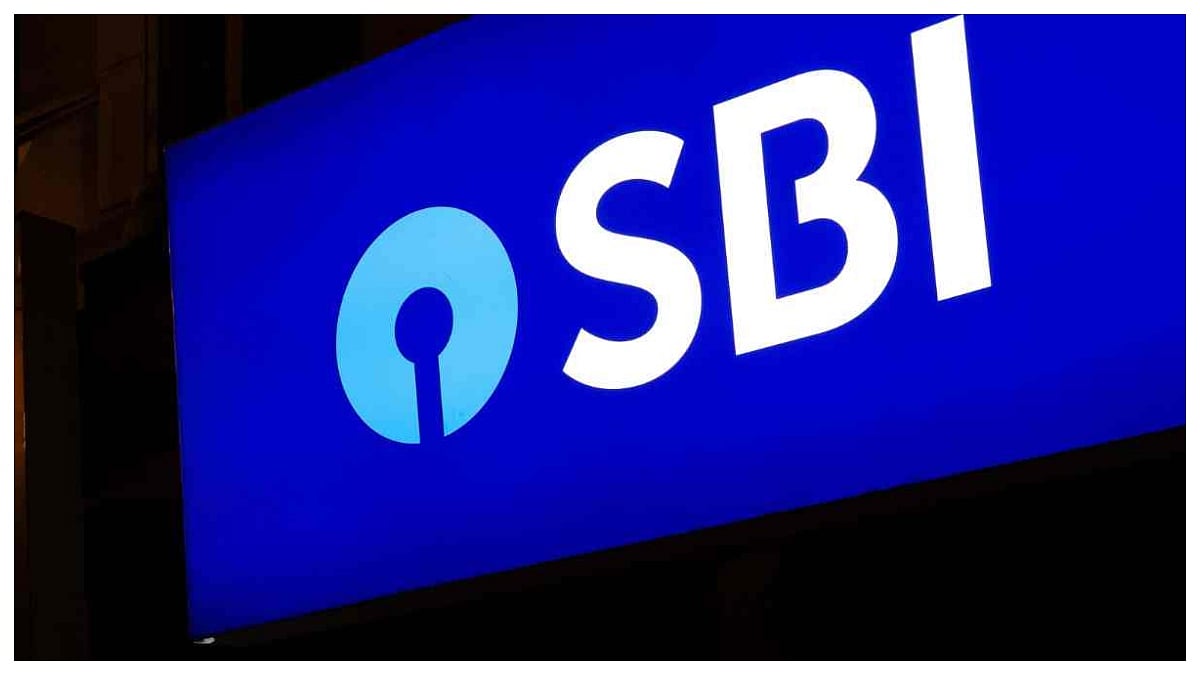Markets watchdog SEBI said in a circular on Wednesday to make the process of direct payout of securities to the client's account mandatory in order to improve operational efficiency and lower the risk to the securities of clients.
According to a circular from the Securities and Exchange Board of India (SEBI), this change in direct payout of securities will take effect on October 14.
Current Pay-in and pay-out
At the moment, the clearing corporation credits the securities pay-out to the broker's pool account, which the broker subsequently credits to the demat accounts of the corresponding clients.
In February 2001, a direct delivery facility for investors was introduced.
Direct Payout Of Securities To Demat
After lengthy discussions with depositories, clearing corporations (CCs), and stock exchanges, Sebi has decided that " the clearing corporation will credit the securities for pay-out, which shall be delivered directly to the respective client's demat account,
Additionally, under the margin trading facility, clearing corporations should give trading members (TM) or clearing members (CM) a way to identify the funded stocks and unpaid securities.
Sebi advised TM (Trading Member) or CM (Clearing Member) to handle internal shortages through the auction process in the event of any shortages "arising due to the intersensing of positions between clients."
No additional charges
Furthermore, the brokers shouldn't charge the client more in these situations than what the clearing corporations already charge. Sebi published a set of guidelines in May 2023 for managing client securities, including pay-out and pay-in procedures.
This was done to safeguard the securities of the client and make sure the stock broker separates the client's or clients' securities so they are not vulnerable to abuse.










